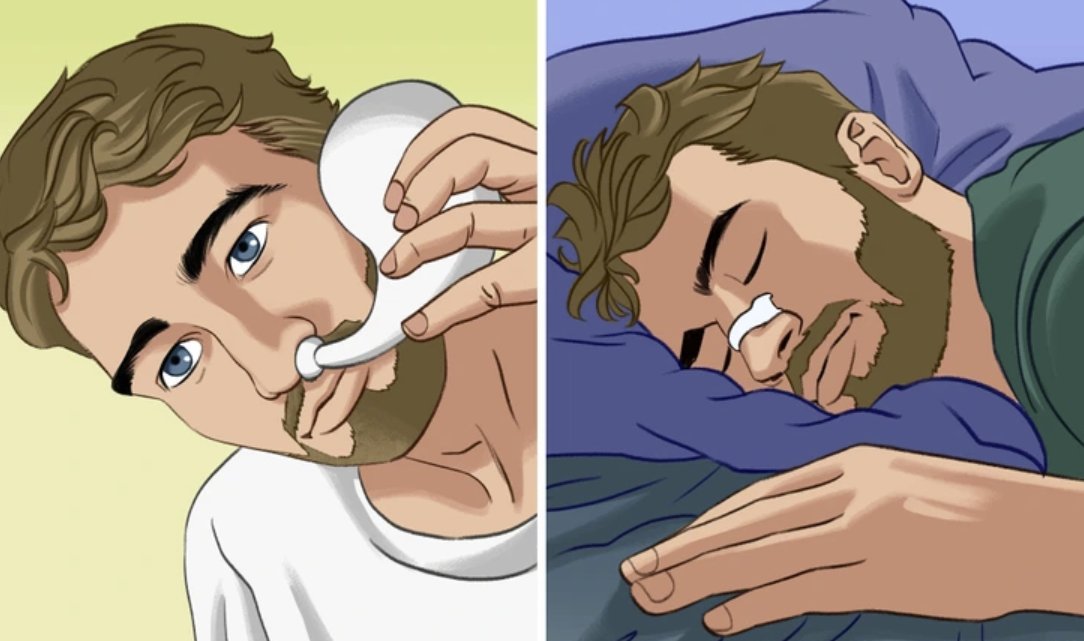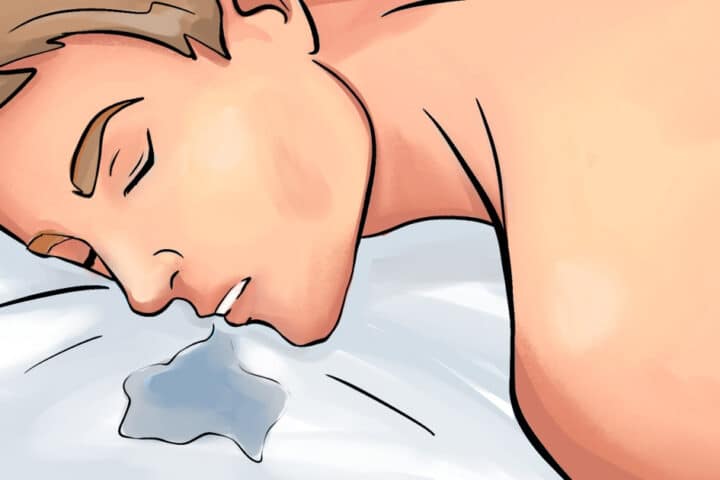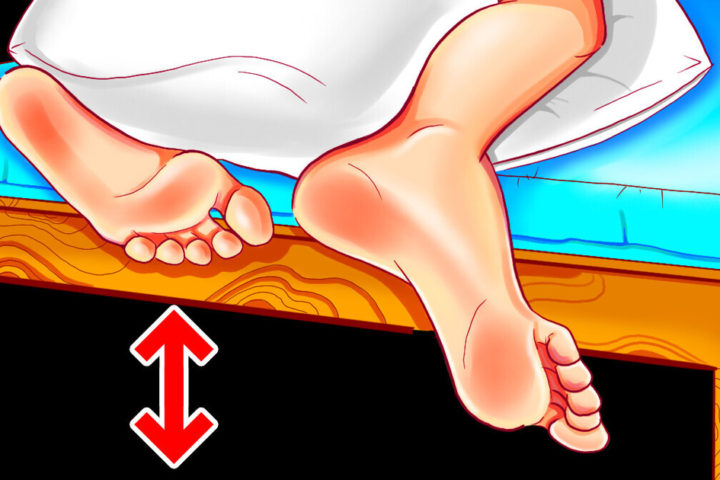Have you been researching a lot about how to not snore at night? Snoring can be a frustrating issue that not only disrupts your own sleep but also affects the quality of sleep for those around you.
If you or someone you know is struggling with snoring, worry not! In this article, we will explore effective life hacks that can help you put an end to snoring and enjoy a restful night’s sleep.
These hacks range from simple lifestyle adjustments to innovative remedies that target the root causes of snoring. Let’s delve into these practical tips and find the key to not snore at night.
1. Maintain a Healthy Weight
Excess weight can contribute to snoring by narrowing the airways. Focus on maintaining a healthy weight through regular exercise and a balanced diet. Shedding those extra pounds can reduce the fatty tissues in the throat, allowing for easier breathing during sleep.
2. Sleep on Your Side
Sleeping on your back can cause the tongue and soft tissues in the throat to collapse, obstructing the airflow and resulting in snoring. Train yourself to sleep on your side by using a body pillow or sewing a tennis ball into the back of your sleepwear. This simple adjustment can make a significant difference in reducing snoring.
3. Elevate Your Head
Elevating your head while sleeping can help open up the airways and prevent snoring. You can achieve this by using an extra pillow or investing in an adjustable bed that allows you to raise the headrest to a comfortable angle. This elevation helps keep the air passages clear, reducing the likelihood of snoring.
4. Use a Humidifier
Dry air can irritate the nasal passages and throat, leading to snoring. Keep a humidifier in your bedroom to add moisture to the air and reduce congestion. Adding a few drops of essential oils like eucalyptus or peppermint can also help clear the airways and promote easier breathing.
5. Avoid Alcohol and Sedatives
Alcohol and sedatives relax the muscles in the throat, causing them to collapse and obstruct the airflow. Limiting or avoiding these substances, especially before bedtime, can significantly decrease snoring.
6. Clear Nasal Congestion
Nasal congestion can contribute to snoring. To alleviate congestion, try using saline nasal sprays, steam inhalation, or nasal strips. These remedies can help open up the nasal passages, allowing for better airflow and helps you to not snore at night.
7. Practice Good Sleep Hygiene
Establishing a regular sleep routine and ensuring a comfortable sleep environment can improve your overall sleep quality. Avoid caffeine and heavy meals close to bedtime, create a dark and quiet bedroom, and establish a relaxing bedtime routine to prepare your body for a restful sleep.
8. Stay Hydrated
Drinking plenty of water throughout the day can help thin the mucus in your throat, reducing the chances of snoring. Aim to drink at least eight glasses of water daily to keep yourself adequately hydrated.
9. Try Anti-Snoring Devices
Several anti-snoring devices are available in the market that can help alleviate snoring. Nasal dilators, mouthguards, and nasal strips are some popular options. Consult with a healthcare professional to determine which device is suitable for your specific snoring pattern.
10. Sleep on a Firm Mattress
A soft and sagging mattress can lead to poor posture during sleep, contributing to snoring. Invest in a firm mattress that provides proper support to your body, especially around the neck and head area. This helps maintain a neutral alignment and keeps the airways open.
11. Keep Bedroom Clean and Dust-Free
Allergens and dust in the bedroom can trigger nasal congestion and worsen snoring. Regularly clean and dust your bedroom, including bedding, curtains, and furniture. Vacuum the floors and consider using hypoallergenic pillowcases and mattress covers to minimize allergens in your sleep environment.
12. Avoid Eating Heavy Meals Before Bedtime
Eating large, heavy meals before bedtime can lead to indigestion and increase the likelihood of snoring. Try to have your dinner at least two to three hours before you go to sleep, allowing enough time for proper digestion.
13. Stay Active and Exercise Regularly
Engaging in regular physical activity not only helps maintain a healthy weight but also strengthens the muscles in your body, including those in the throat. Incorporate at least 30 minutes of exercise into your daily routine to improve overall muscle tone and reduce snoring.
14. Practice Tongue and Throat Exercises
Exercises that target the muscles of the tongue and throat can help strengthen them, reducing the likelihood of snoring. Simple exercises like pressing your tongue to the roof of your mouth and sliding it backward or pronouncing vowel sounds loudly can help tone these muscles over time.
15. Quit Smoking
Smoking irritates and inflames the airways, contributing to snoring and other breathing difficulties. Quitting smoking not only improves your overall health but can also significantly reduce snoring. Seek support from healthcare professionals or support groups to quit smoking successfully.
16. Use Essential Oils
Certain essential oils have properties that can help you to not snore at night. Peppermint, eucalyptus, and lavender oils, for example, have a soothing effect on the airways and can promote easier breathing. Place a few drops of these oils on your pillow or use an essential oil diffuser in your bedroom for better sleep.
17. Consider Herbal Remedies
Some herbal remedies have been traditionally used to alleviate snoring. For example, chamomile tea and peppermint tea have calming properties that can relax the muscles and promote better sleep. Consult with a healthcare professional before using herbal remedies to ensure they are safe for you.
Conclusion
Snoring can disrupt your sleep and impact your overall well-being. By implementing these life hacks, you can effectively reduce or eliminate snoring and enjoy a peaceful night’s sleep. From maintaining a healthy weight to using anti-snoring devices and creating a sleep-conducive environment, these hacks will help you to not snore at night.
Remember, consistency and patience are key, and if snoring persists, seeking medical advice is crucial for proper diagnosis and treatment. Embrace these hacks, make them a part of your routine, and embrace the joy of uninterrupted slumber.








